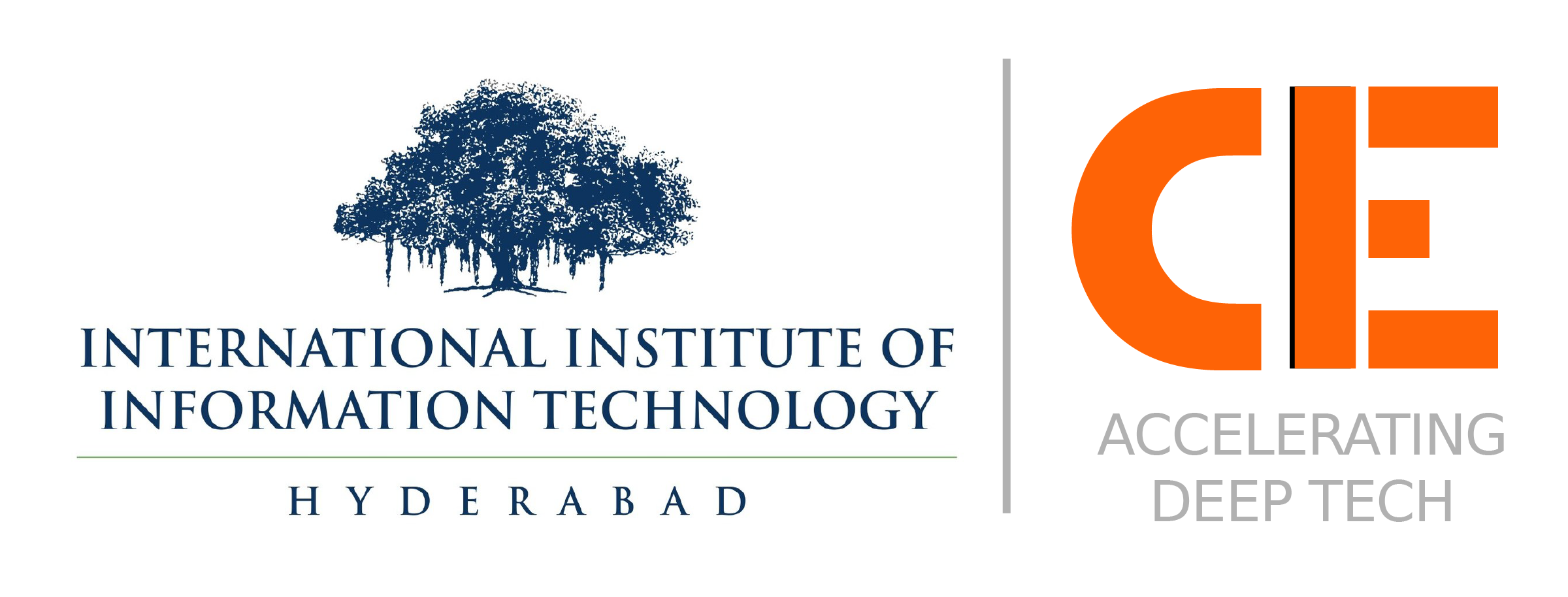Deep Tech startups are currently developing a range of innovations that were previously only conceptualised by writers of science fiction. These deep tech startups — those relying heavily on tech breakthroughs and tangible IP — are on the rise globally. Let’s see how these startups are changing the conventional biz game.
Disruption – An interesting definition of Deep Tech comes from the CEO and founder of Propel(x), an online investment platform. She defined Deep Tech in her blog that it is companies founded on a scientific discovery or meaningful engineering innovation. Note that the term “innovation” is used in reference to engineering, delineating it from the business model innovation or offline to online business model transition using existing technology. Take Netflix and Uber, for example, Netflix works on Online movie rentals, eased with the subscription model and boosted by a strong content strategy; Uber operates on “sharing economy” – a business model innovation enabling individuals to share existing resources.
Deeptech start-ups, on the other side, typically come up with innovative technologies, such as a machine vision to instruct automated cars, artificial intelligence to prepare for natural hazards such as earthquakes, and renewable energy approaches that will effectively mitigate global warming. Or, unlike Uber and the like, they are developing completely new modes of transport, such as Hyperloop or flying cars.
“To put things in perspective, deep technologies are a natural progression in the field of science. It is set to revolutionize the way we do business. I cannot think of many areas that will not be impacted by these technologies in the next couple of decades” – Ajay Jain, Resident Mentor CIE
Role of technologies – Deep Tech startups also tend to solve intractable societal or environmental challenges. According to the BCG report, which has identified some 8,600 Deep Tech companies worldwide, they make up a significant share of startups tackling several United Nations’ sustainable development goals (SDG), including SDG 3 (good health and well-being, 51%), SDG 9 (industry, innovation and infrastructure, 50%) and SDG 11 (sustainable cities and communities, 28%).
Deep tech companies often possess patents or defensible engineering innovations that distinguish them from those companies that are focused on the incremental refinement or delivery of standardised technologies. This distinction matters greatly when it comes to funding. Deep tech companies carry not only significant potential rewards for an investor but also a significant risk profile.
“Businesses need to embrace this change, be it a diagnostic centre or a call-centre. The benefits of such a change are multifold – accuracy, speed, cost & during these times, social distancing; to name a few. In the past couple of years, I have come across several startups that are ready to disrupt the established businesses & their ways of working”
Emerging technologies holding opportunities in different Industries – In a time that technology is widely applied, Deep Tech is different because it requires scientific advancement, are unique, and difficult to build. Deeptech companies own their protected innovation, go through years on testing and research, and have researchers, engineers or different specialists on their groups along with their business staff. Deeptech isn’t a plan of action development, but instead an advancement in the science or innovation around which a business might be built. This is the manner by which a business or startup that is based on deep technologies, separates itself from organizations, for example, Facebook, Spotify, Uber or Airbnb.
As we approach the following decade, AI, IoT, Machine learning, Biotechnology, Quantum computing and advanced robotics are getting down to business to their maximum capacity. They may take quite a while and a ton of cash to grow completely, yet they can tackle some exceptionally extreme issues.
Artificial Intelligence (AI) is transforming healthcare, for example, Kidsens built an intelligent data science-driven health technology company focussed on transforming paediatric development and behavioural health. The platform is deployed using cutting edge technology(AI and ML) & clinical expertise for parents, schools and doctors to timely screen and assist children’s developmental health.
Virtual Reality (VR)/Augmented Reality(AR) is redefining real estate and collaborative platforms, for instance, Dave.ai is a product discovery platform that enables retail brands to create engaging, personalised and productive experiences for their customers in physical retail spaces. The company helps brands to amplify brand engagement with the relevant target audience, drive footfall to stores, increase profitable sales and improve customer experience.
“The age-old industrial problem with sales; sales used to happen majorly through humans apart from software solutions. A growing and evolving population need evolving solutions and hence Dave.ai, leveraged intelligence(research) to develop their virtual sales avatar” – Ananth, Dave.ai
Internet of Things (IoT) changing landscape for efficiency, as Indriyn Analytics originally started as Industrial IoT solutions, now offers Facillizence – a platform that harnesses AI and building data to make buildings efficient, intelligent & sustainable.
Robotics is changing how we live our daily lives and function. To aid agriculture, XMACHINES is currently developing autonomous mobile robots for Precision Agriculture, Material Handling automation and Advanced academic robotics research.
The road ahead – We are entering the Intelligence era. Every company is a data company – it either collects, needs, uses or generates data. And, every individual consumer has attributes that can be labelled, identified, processed and profiled. And, Deep Tech startups, primarily led by Advanced Analytics, Machine Learning (ML) and Artificial Intelligence (AI) can generate tremendous value out of such attributes. In the long run, successful companies will not be the ones innovating in technology but the ones with innovative and creative business, monetization, marketing, and partnership models, which is fulfilled by Deep Tech startups
Insightful? Watch this space for more such takeaways ↑→ https://cie.iiit.ac.in/startup-jukebox/
Until next time!
– Sunita Kumari, Team CIE


